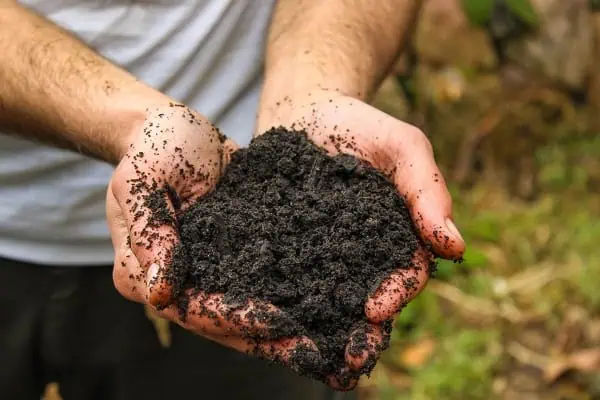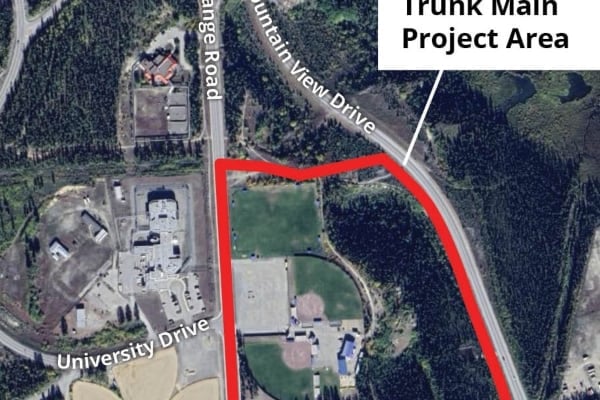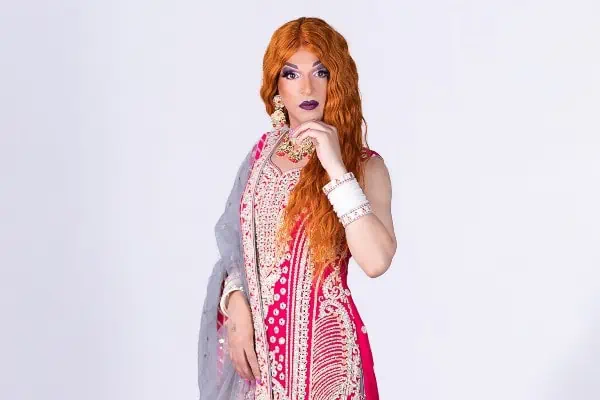It might be called a “bowl,” but in this competition, you won’t see any kickoffs, quarterbacks, punted balls or wide receivers.
You will, however, see contestants huddled in tactical contemplation, quietly discussing obligations, responsibilities and best strategies on how to advance the play, and if the judges have anything to say about it, getting a serious handle on respectful ethical considerations.
If you hadn’t previously heard of an ethics bowl, and you envisioned a sporting event or a new brand of conscience breakfast cereal, you’re not the only one.
“An ethics bowl is like a sporting competition for ethics, or the super bowl of ethics,” explains Yukon archaeologist and Simon Fraser University (SFU) student, Jodie MacMillan.
When not working as an archaeologist and field supervisor for a local consulting firm, MacMillan is a Masters student in the Heritage Resource Management distance program offered through SFU, and more recently, an ethics bowl ambassador.
Her team just returned from a successful foray into their first ethical competition: an ethics bowl put on by the Society for American Archaeology. MacMillan’s team, comprised of five SFU students from British Columbia, Yukon and Alaska, placed second in the competition, behind the winning Puerto Rico team.
The event, which was held in Vancouver on March 30, is an annual international competition in which undergraduate and graduate university students flock to discuss and debate ethical dilemmas within archaeology. Teams consisting of three to five students are guided through ethical cases by faculty mentors.
While students have prepared responses to a host of hypothetical case studies provided to them in anticipation of the annual meeting, they do not know which studies will be presented during the actual competition.
This year’s Society for American Archaeology meeting featured eight hypothetical cases, which ranged from safe workplace practices, to media relations, to sexism and gender equality, to plagiarism.
After the introductory coin toss, participants compete head to head in a debate style format, where each team has the opportunity to reflect and provide thoughtful rebuttals, agreements or considerations in presence of a panel.
Teams debate fictional scenarios that they will likely encounter in the modern archaeology profession. They are scored on intelligibility, depth, focus, and judgment.
Unlike other university teams participating in the ethics bowl, MacMillan and her cohorts did not have the luxury of meeting together in person in the months leading up to the big event, due to the nature of their distance program. Despite the disadvantage of online correspondence and navigating Skype calls, the SFU team finished in an impressive second out of four competing teams.
“A lot of people were surprised when I told them I was in this event,” MacMillan laughs. “People didn’t know what an ethics bowl was, so it was cool to educate people about the event and to talk about ethical issues within archaeology.”
The ethics bowl was inaugurated in 2004 to help students gain a stronger sense of ethical responsibility, and to teach professional problem solving in a hands-on arena.
“In archaeology, ethics are really important because it’s becoming more topical,” MacMillan explains. “We’re dealing with people and culture, and it’s a good opportunity to address these issues and openly talk about them.”
MacMillan admits that it’s not easy to discuss ethical issues, which is why the event is such a valuable way to initiate such dialogue. She says the ethics courses she has taken as part of her Master’s program, as well as the ethics bowl, have changed the way she thinks and made her more aware of different issues that exist in archaeology.
“In heritage resource management, you’re dealing with highly sensitive information and different people’s cultures,” says MacMillan. “The value to me has come from hearing other people’s opinions and worldviews, which makes me aware of things I hadn’t considered, or different ways to approach a situation or problem.”
While a second-place title is nothing to scoff at, MacMillan says her greatest learning from the ethics bowl is in listening. She explains the challenge of truly listening to what others are saying, especially when others’ opinions may be atypical or controversial.
“Sometimes you want to jump in, but you have to listen and respect different perspectives,” she says. “People come from different backgrounds and have different views.”
While MacMillan and team are still basking in the glow of their recent accomplishment, their team has discussed attending next year’s Society for American Archaeology Ethics Bowl, which will be held in Washington, D.C.




